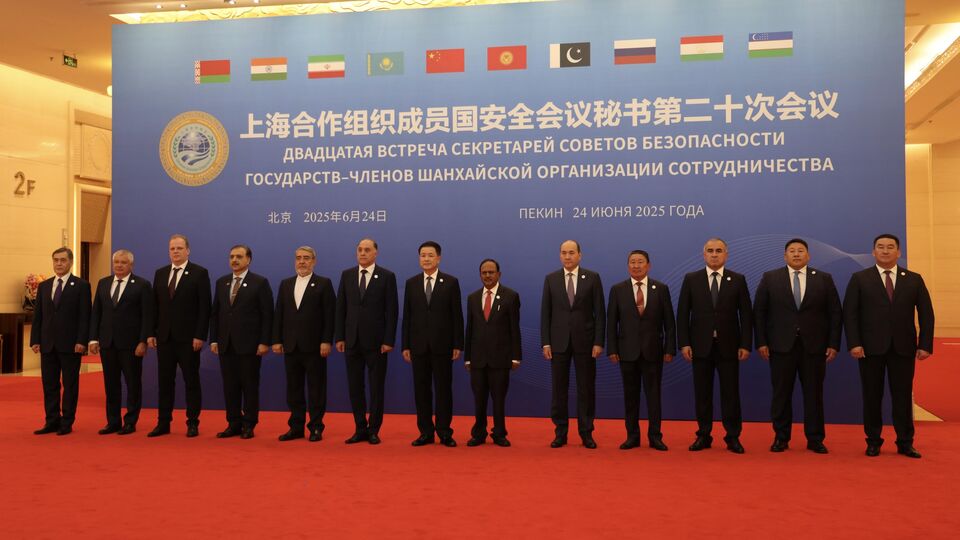BEIJING: Indian Defence Minister Rajnath Singh has refused to sign the joint communiqué at the Shanghai Cooperation Organisation (SCO) Defence Ministers’ meeting held in Beijing.
He expressed strong dissatisfaction over the exclusion of the recent Pahalgam attack from the final document.
According to Indian media reports, Minister Singh was visibly upset upon reviewing the joint statement, which made no mention of the Pahalgam incident that occurred in April this year. The attack resulted in the deaths of 26 Indian tourists in the Pahalgam region of Indian-administered Kashmir, an event that has significantly escalated tensions between India and Pakistan.
India has blamed Pakistan for orchestrating the attack and, in response, suspended the Indus Waters Treaty while taking retaliatory actions across the border. Pakistan, however, has firmly denied any involvement and has criticized India’s actions as aggressive and unfounded.
Adding to the controversy, Indian media has reported that the SCO communiqué indirectly accused India of fomenting unrest in Pakistan’s Balochistan province, further fueling the Indian delegation’s objections.
SCO defence ministers’ meeting
The meeting brought together defence ministers from the eight member states of the SCO, including China, Russia, Pakistan, India, Kazakhstan, Kyrgyzstan, Uzbekistan, and Tajikistan. Held annually, the forum is intended to strengthen military cooperation, enhance regional security, and counter terrorism and separatism within the region.
Key agenda items at this year’s conference included: Joint counter-terrorism strategies, Enhancing cybersecurity and intelligence sharing, Military-to-military cooperation and joint exercises and Regional peace initiatives, especially in light of instability in Afghanistan and the broader Central Asian region
Despite the broader objectives of unity and cooperation, the meeting saw visible divisions, particularly between India and Pakistan. While other member states expressed concern over rising extremism and pledged collaboration, India’s rejection of the joint statement highlighted the limits of consensus within the organization when bilateral tensions are high.
The SCO, originally formed in 2001, has grown into a key Eurasian political, economic, and security alliance. However, recurring India-Pakistan tensions often challenge its cohesion, as demonstrated during this latest meeting.


Comments are closed.